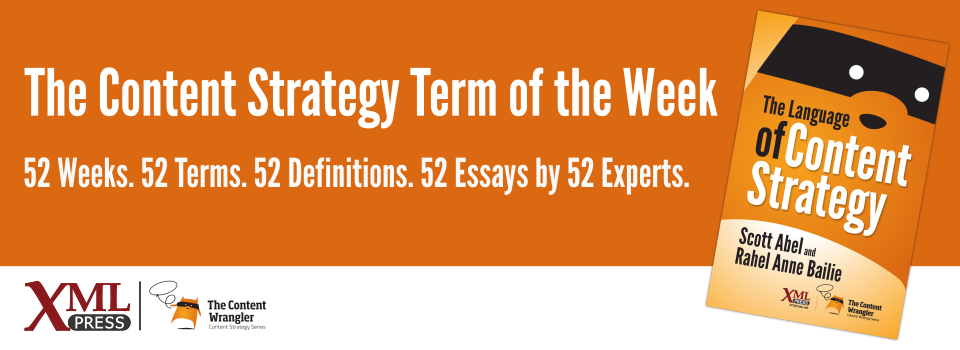What is it?
A representation of the copy required at each stage of the transaction flow.
Why is it important?
Ensures that a content strategy accounts for all content that supports brand messaging. It includes error messages, feedback, and embedded assistance.
Why does a content strategist need to know this?
A transactional content map ensures that copy displayed to users of an application, whether in an interface, an error, or a feedback message, is on-brand, produced in a streamlined way, and contributes to a positive user experience. The map captures details that might be missed or hidden from non-developers and interaction designers—especially in lean and agile teams. Different versions of the copy can be included, based on target devices or localization.
Capturing these details facilitates governance, the creation of a workflow for transactional content, and the interaction design process. Multi-disciplinary teams of writers, designers, and programmers can create a high-quality experience with on-brand content because they can see all the content needs in one place. The copy can be imported into a code base, speeding up development and ensuring that high-quality content gets into the code. The import process is another opportunity to discover if there are messages or copy in the code that are missing in the map and vice versa.
The map can be used by interaction designers to ensure that appropriate copy and messaging are displayed for each scenario. The map contains rules and logic for displaying content that can be difficult or impossible to track on annotated wireframes or specification documents and can serve as the authoritative source for the app’s transactional content and metadata. Content changes, improvements, and redesigns are easily tracked in the map. A transactional content map is also a great tool for planning and budgeting translation/localization services and accessibility.

